Did you know that inside every water-based marker lies a whole world of painting possibility?
Today’s at home activity explores those possibilities through the use of chromatography, otherwise known as “color writing.”
When you stick a water-based marker into a cup of water, the different pigments (or colors) inside the marker will actually separate based on their density (or weight). Some pigments will sink, some will float, and some will land somewhere in-between.
By using water and a paper towel, your kiddos can explore this fascinating phenomenon, all while creating a beautiful piece of art.
Goals:
Recognize that a single color of ink is made up of other colors
Children will:
Use water and paper towels to map the hidden colors in water-based markers.
Note how two markers of the same color may consist of different hidden colors.
What you’ll need:
water-based markers of as many colors and brands as you can find
paper towels.
Clear containers, for instance plastic or glass jars or drinking glasses
tape (masking works best)
Some scrap paper in a light color.
How to:
• Choose the colored markers you’d like to investigate. Cut a paper towel into narrow rectangles for each color. The rectangles should be at least one inch taller than the container you plan to use.
• With one marker, draw one thick horizontal line with each of the colors one inch from the bottom of the paper towel rectangle.
Stand each rectangle up in the container so this line is close to the bottom. Fold the blank extra inch at top over the rim of to the outside container. Secure it with tape or a binder clip.
•Carefully pour one half inch of water into the jar, so it’s just below the line. Make sure it’s enough to wet the bottom edge of the rectangle. Keep the rest of the rectangle dry.
•Watch! The water at the bottom of the container will quickly climb up the paper towel, taking color pigments with it.
•When the water reaches the top of the paper towel, pull out the wet paper towel and lay it on a light-colored paper or washable surface. (The wet rectangles may leave some color on the surface underneath).
• Repeat this process with several more markers. Which color markers have blends of different pigments? What colors do you see?
•Compare the results of two or three markers of the same color, but from different sets or different brands. What do you notice?

